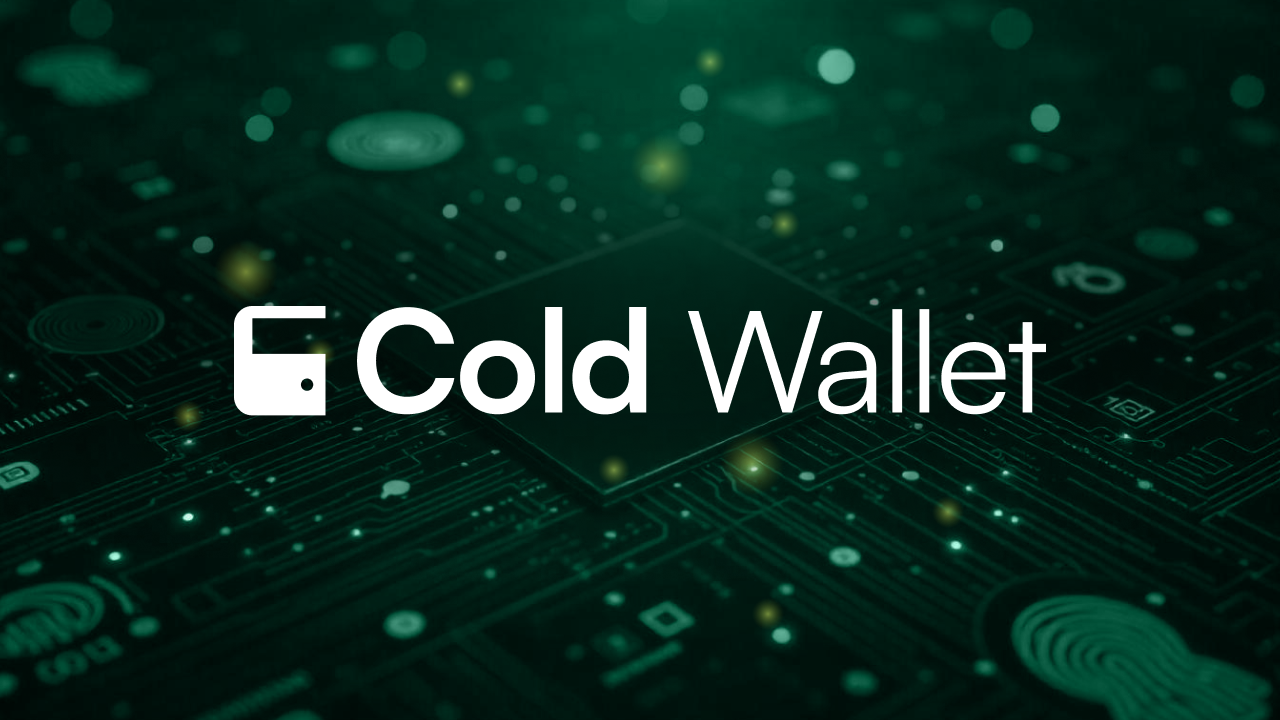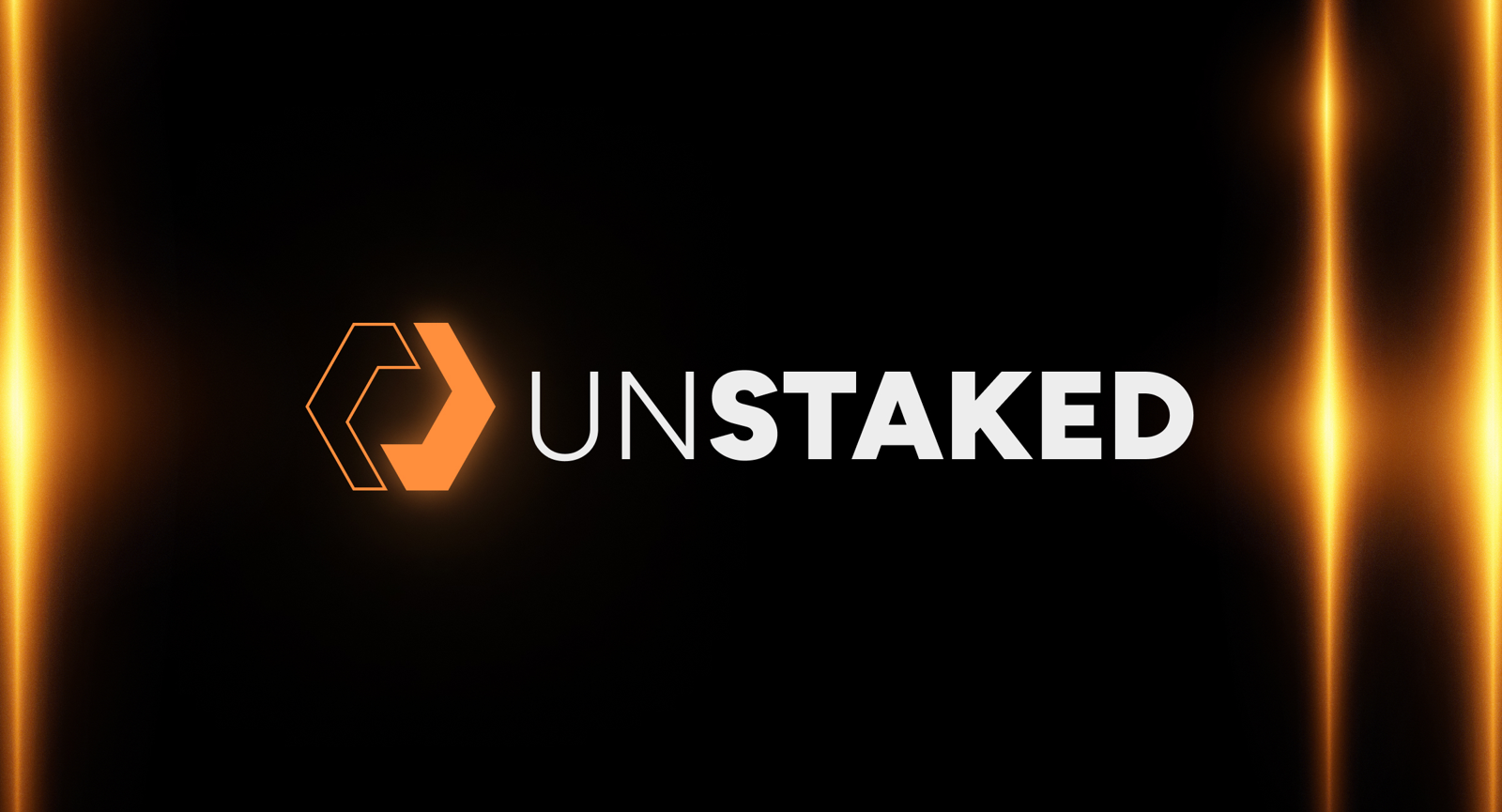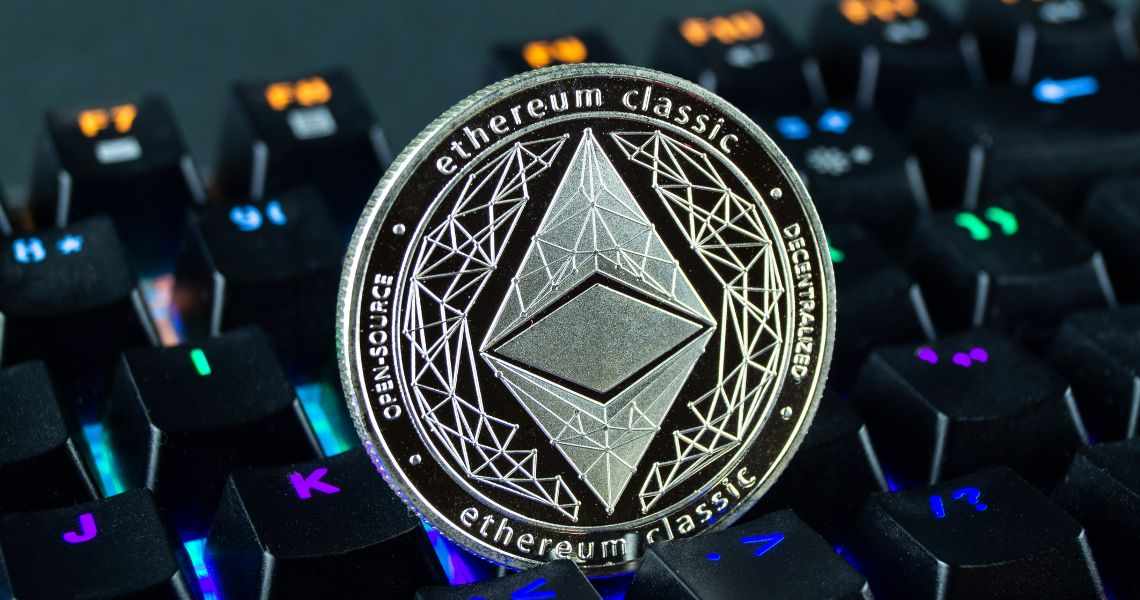
Entering the world of crypto trading and market prediction can feel overwhelming at first. The landscape is full of new concepts, fast-paced changes, and unfamiliar technologies. Moreover, whether you're considering short-term trading, long-term investment in web3 AI token crypto, or participating in prediction markets, having a solid foundation is essential. Here are five key things every beginner should know before getting started.
1. Know the Basics Before Jumping In
Beginning with your first trade or placing your first prediction, it's vital to understand the fundamental principles behind how decentralized digital markets operate. This isn't just about knowing what digital tokens are about, grasping the idea of peer-to-peer value exchange, permissionless platforms, and self-managed assets.
Unlike traditional finance, where institutions handle most of the behind-the-scenes processes, digital markets often place control in the hands of individuals. That means more freedom—but also more responsibility. Take the time to learn how decentralized systems work, how transactions are validated, and what drives price movement in these markets.
Tip: Start with small, test transactions to get comfortable with the process before committing larger amounts.
2. Your Wallet Is Your Responsibility
In decentralized environments, your wallet isn't just a place to store assets; it's your identity and access point to all trading and prediction tools. When you set up a wallet, you’re essentially taking control over your funds with no middleman involved.
Furthermore, with this power comes risk. If you lose access to your wallet's credentials or make a mistake in sending assets, there's no customer support to reverse it. That's why it's critical to store your recovery phrases securely, avoid clicking on suspicious links, and use strong passwords.
Pro Tip: Use hardware wallets or trusted security tools if you're planning to manage significant value. Always double-check addresses and never share your private keys.
3. Market Prediction Is Not Just Guesswork
Also, prediction tools and platforms allow users to speculate on the outcomes of events ranging from market movements to real-world occurrences. But successful participation in these environments requires more than just a hunch.
In addition, a common beginner mistake is confusing speculation with gambling. In reality, effective market forecasting involves research, critical thinking, and risk management. Understanding how trends form, how sentiment affects outcomes, and how decentralized information feeds work can improve your odds of making informed choices.
Key Reminder: Treat prediction markets as analytical tools. The more you learn from your past predictions, right or wrong, the sharper your skills will become over time.
4. Volatility Is Part of the Game
One of the biggest shocks for new traders is how quickly prices can change. The crypto market, in particular, is known for high volatility, meaning values can surge or drop within minutes. While this can create exciting opportunities, it also brings significant risk.
Learning to manage your emotions is just as important as technical knowledge. Panic buying or selling often leads to poor decisions. Instead, approach the market with a plan: decide in advance how much you’re willing to risk, set realistic goals, and stick to your strategy.
5. Decentralized Doesn’t Mean Risk-Free
One of the biggest misconceptions is that decentralized systems are automatically safer or more trustworthy than traditional ones. While they eliminate certain risks like institutional control or third-party interference.
Smart contract bugs, phishing scams, liquidity issues, and user error are all real threats. Just because a platform runs without a central authority doesn’t mean it's immune to failure or fraud. Always do your research, check for audits, and understand how each tool works before using it.
Final Thoughts
Crypto trading and prediction markets offer incredible possibilities, especially for those who take the time to learn the ropes. The key is to approach the space with curiosity, caution, and a willingness to adapt. You don't need to master everything overnight, but a strong foundation can help you hold with confidence and avoid common beginner pitfalls.
You must start slow, stay informed, and never invest more than you're prepared to lose. With the right mindset, decentralized markets can become not just a place for potential profit but a valuable learning experience in the evolving digital economy.




Write a comment ...